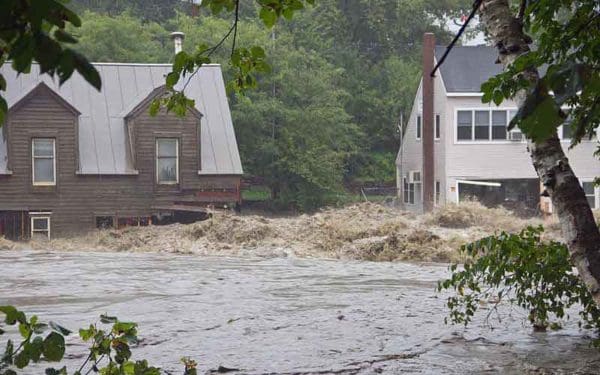The Good, Bad, and Everything In Between in Vermont’s New Climate Action Plan
Vermont just released a roadmap to reach the targets of our Global Warming Solutions Act. Let’s dive into some of what it got right and what needs more work.

Vermont just released a roadmap to reach the targets of our Global Warming Solutions Act. Let’s dive into some of what it got right and what needs more work.

Climate impacts are here now, but are our communities ready for them? Here’s what we must do to get climate ready.
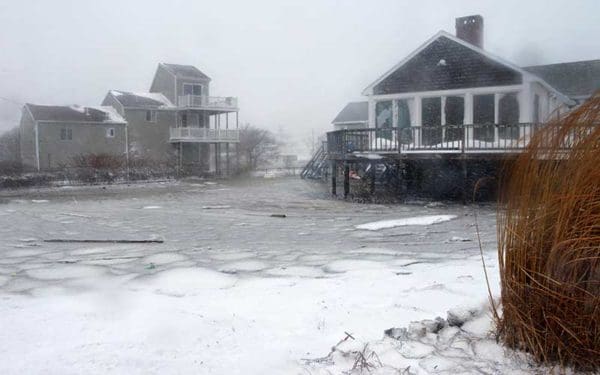
The state’s latest Greenhouse Gas Emissions Inventory shows that we’re already behind on meeting mandatory climate targets. State officials must take charge and steer us towards urgent climate action.
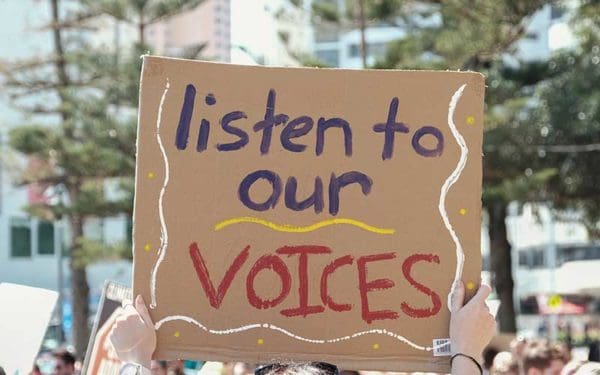
Our communities and neighborhoods deserve to be safe – and we must urgently transition off dirty gas to protect them.
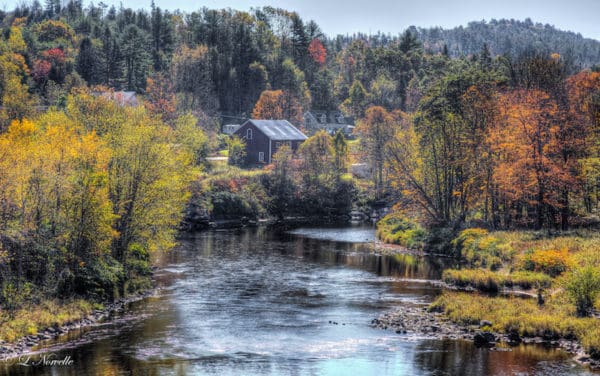
State officials need to hear your voice in crafting this plan, which helps us achieve our mandatory climate targets.
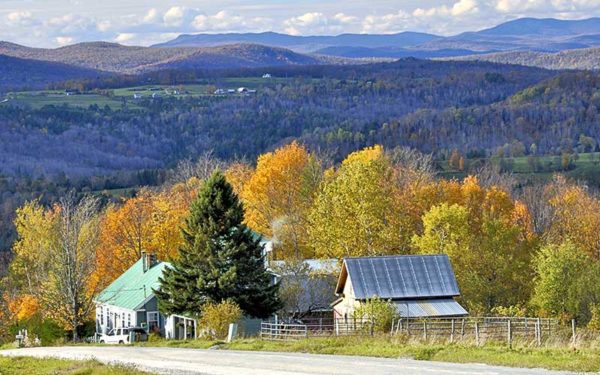
Climate change struck home for me when the waters at Salisbury Beach recently hit an unheard-of 75 degrees.

Henri must be a wake-up call for our community and for companies like Shell. We must confront the impacts of the climate crisis. Flooding and sea level rise are only going to get worse. Now is the time to prepare for these impacts and mitigate the potential damage, not after a neighborhood and iconic waterway are inundated with toxic chemicals.
“The language of the proposed ballot question is ambiguous and will very likely confuse and mislead voters,” said Staci Rubin, Vice President, Environmental Justice, CLF. “This effort comes at exactly the wrong time. With the impacts of the climate crisis becoming clearer by the day, options should be on the table to reduce transportation fossil fuel use and prepare our communities for what’s to come.”
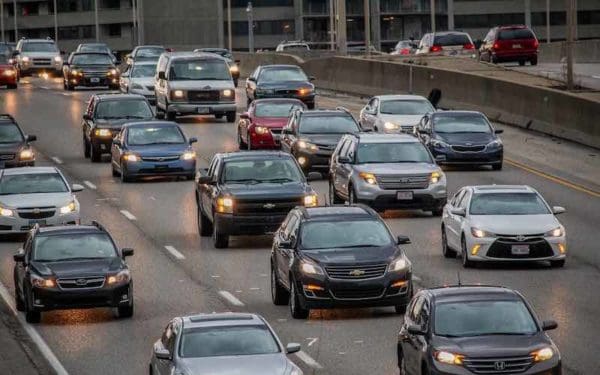
Biden’s flurry of executive orders addressing climate change, conservation, and environmental justice has us optimistic. Now we must ensure his administration follows through and turns these orders into meaningful and actionable policy.
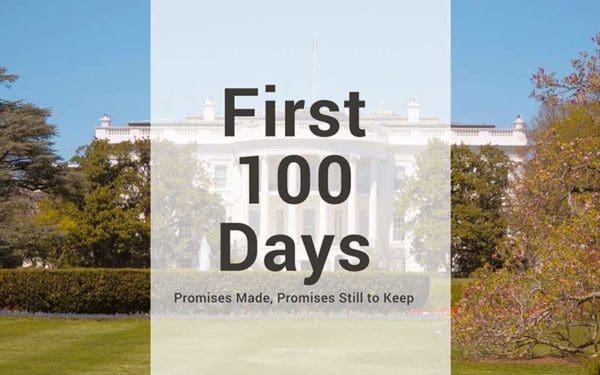
Advocates cheered when President Biden reinstated the Obama-era flood protection standard among his first acts in office. The Biden administration is sending a clear signal that building according to climate patterns of the past is no longer acceptable – we must acknowledge and address increasingly frequent and extreme flooding caused by climate change. Reinstating the federal standard is a critical first step for increasing our national infrastructure’s climate resilience – one that signals the urgent need for action here at home.
